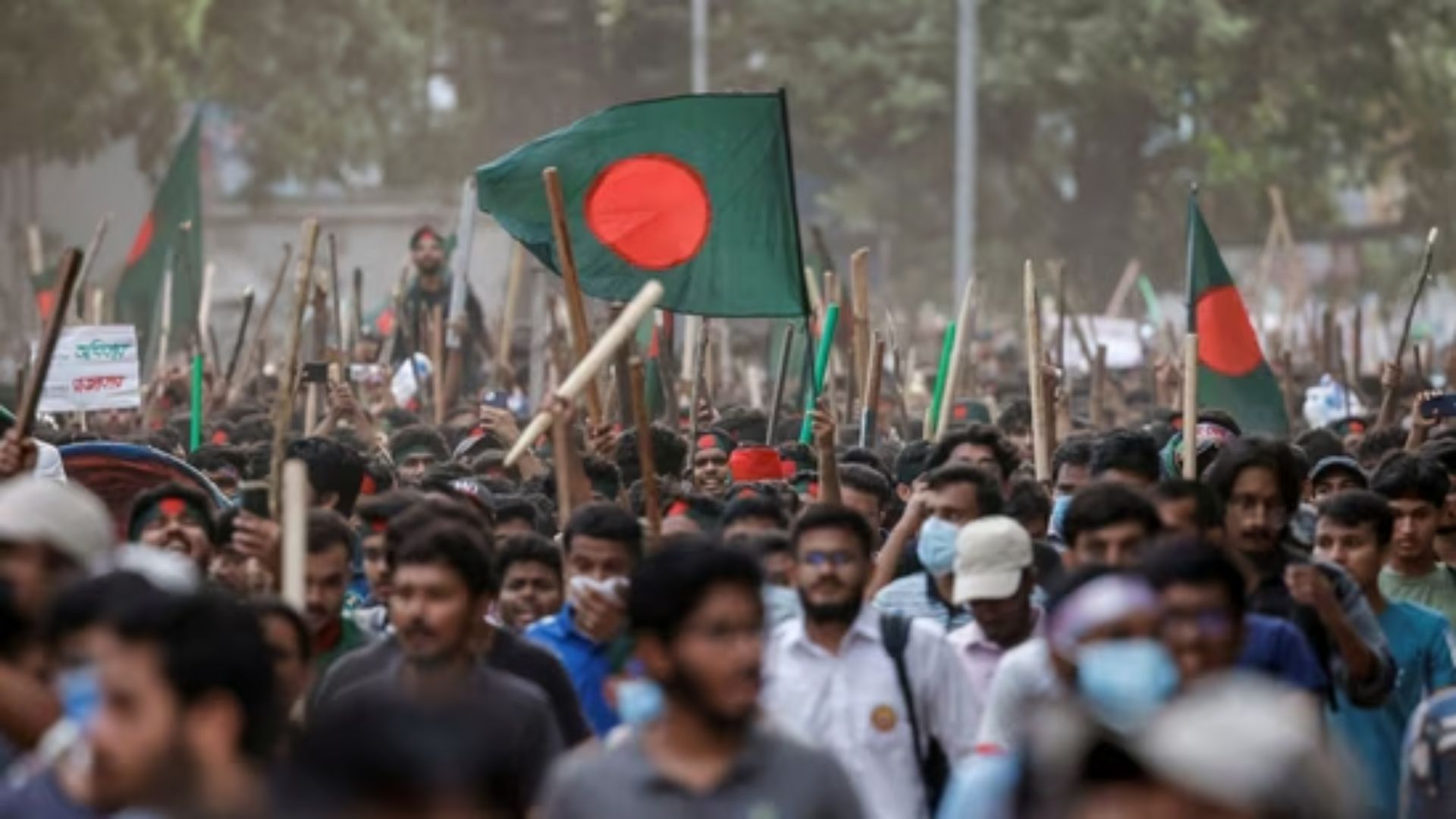At least 131 people have died in violent clashes between police and university students in Bangladesh over government job reservations.
The widespread violence has led the Sheikh Hasina-led government to enforce strict security measures, including a nationwide curfew, deployment of the Army, and an internet shutdown. Authorities have also issued a ‘shoot-on-sight’ order for police and military personnel.
The protestors, mainly students, have been demonstrating in Dhaka and other cities against the reservation system in public sector jobs, including those reserved for the relatives of war heroes from the country’s 1971 independence war against Pakistan.
They argue that the system is discriminatory and favors supporters of Prime Minister Sheikh Hasina, whose Awami League party led the independence movement. The protestors are calling for a merit-based system instead.
However, Prime Minister Sheikh Hasina has defended the quota system, stating that veterans deserve the highest respect for their contributions to the war, regardless of their political affiliation.
The protest escalated after Hasina referred to the demonstrators as ‘Razakars’ during a conference.
She said: “If not the grandchildren of the freedom fighters, then who will get quota benefits? The grandchildren of the ‘Razakars”? This is my question. I want to ask the people of the nation. If the protesters don’t comply, I can do nothing. They can continue their protest. If protesters damage properties or attack cops, the law will take its course. We can’t help.”
Angered by the statement, the student demonstrators intensified their protests, chanting: “Tui ke? Ami ke? Razakar, Razakar! (Who are you? Who am I? Razakar, Razakar!)”.
Who were the Razakars?
The ‘Razakars’ were a paramilitary group in East Pakistan (now Bangladesh) during the Bangladesh Liberation War of 1971.
They were established by the Pakistan Army and mainly comprised local collaborators who opposed the independence movement.
Dr. Muntasir Mamoon, Bangabandhu Chair at Bangladesh’s Chittagong University, told the Indian Express that the Razakars’ origins can be traced to the erstwhile princely state of Hyderabad in post-independence India. The Nawab of Hyderabad employed them as a paramilitary force to resist integration with India after 1947. Following India’s victory over the Razakars in Operation Polo, their leader, Qazim Rizvi, migrated to Pakistan.
In May 1971, Maulana Abul Kalam Muhammad Yusuf, a senior member of the Jamaat-e-Islami, formed the first set of Razakars in East Pakistan’s Khulna. Armed Razakars comprised migrated people and socio-economically deprived poor people who helped the Pakistan Army’s campaign to suppress pro-independence freedom fighters and terrorize civilians during the war.
The Razakars, alongside other militia groups, committed atrocities such as mass killings, rapes, and various human rights abuses against Bengali civilians who supported Bangladesh’s independence.
In contemporary Bangladesh, being called a ‘Razakar’ is regarded as the gravest insult and indignity.
In 2010, Hasina’s government established an International Crimes Tribunal to prosecute those accused of war crimes during the 1971 conflict.
Yusuf was arrested in 2013 and charged with crimes against humanity. He passed away a year later while in detention due to a cardiac arrest.
In 2019, her government published a list of 10,789 Razakars who collaborated with Pakistani forces during the country’s Liberation War in 1971.







